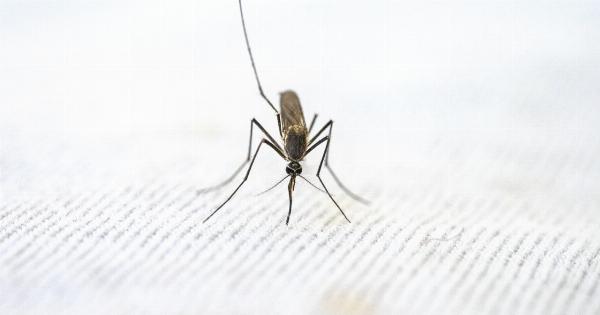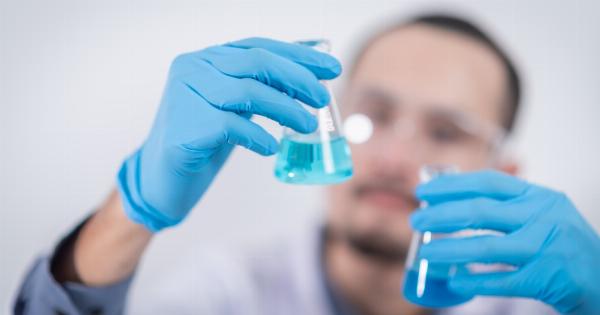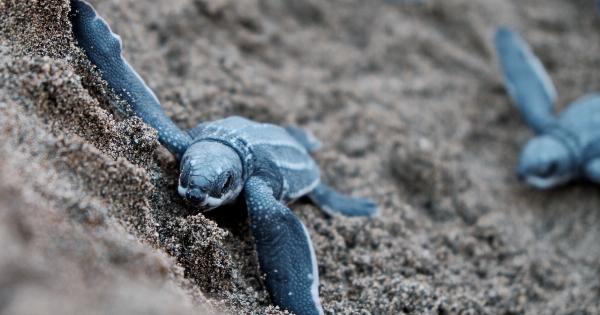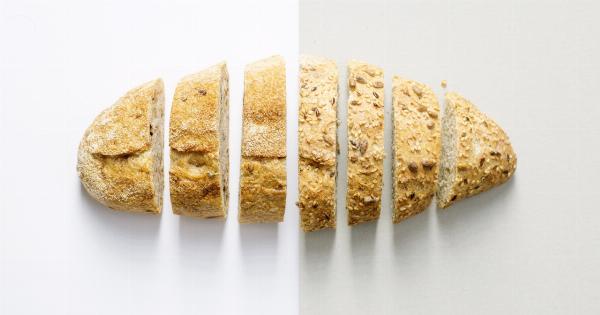In November 2018, it was announced that a Chinese scientist, He Jiankui, had created the world’s first genetically modified babies.
But the experiment, which involved altering the DNA of twin girls using CRISPR-Cas9 technology, has ended in tragedy. According to reports, one of the twins has died and the other is in poor health, raising questions about the safety and ethics of human genetic modification.
The Experiment
He Jiankui’s experiment aimed to create babies who were resistant to HIV by editing a gene called CCR5. The experiment involved creating embryos using IVF and then using CRISPR-Cas9 to edit the DNA of the embryos.
The edited embryos were implanted into the mother, who gave birth to twin girls in November 2018.
The Fallout
When news of the experiment broke, it caused international outrage and He was widely condemned for his actions. The Chinese government launched an investigation into the experiment, while He was fired from his university and put under house arrest.
The Tragedy
In early 2019, it was reported that one of the twins, known as Lulu, had died aged eight months. The cause of her death is unknown, but it is reported to be unrelated to the genetic modification.
However, her sister, known as Nana, is said to be in poor health and has experienced developmental delays.
The Implications
The tragic outcome of He’s experiment has raised questions about the safety and ethics of human genetic modification.
The risks and unknown consequences of editing human DNA are significant, and the long-term effects of the experiment may not be fully understood for years to come.
The Reaction
The reaction to He’s experiment has been overwhelmingly negative, with the scientific community and the public expressing their condemnation.
Many have called for a moratorium on human genetic modification until the risks and benefits are better understood and regulations are put in place to prevent unethical experimentation.
The Future
The tragedy of He Jiankui’s experiment serves as a warning about the dangers of unregulated human genetic modification.
While the potential benefits of genetic modification are significant, the risks and ethical considerations must be carefully considered before any further experiments are carried out.
The Ethics
The ethics of human genetic modification are complex and controversial. On the one hand, genetic modification has the potential to eradicate genetic diseases and improve human health.
On the other hand, it raises concerns about the wisdom and fairness of interfering with the natural course of human evolution.
The Regulation
As the science of genetic modification advances, it is essential that clear regulations are put in place to ensure that experiments are conducted ethically and safely.
The international community must work together to establish guidelines and standards for human genetic modification to prevent unscrupulous scientists from carrying out dangerous and unethical experiments.
The Lessons
The tragedy of He Jiankui’s experiment has taught us valuable lessons about the risks and ethical considerations of human genetic modification.
It has highlighted the need for caution and regulation in the field of genetic modification and the importance of ensuring that experiments are carried out safely and ethically.




























